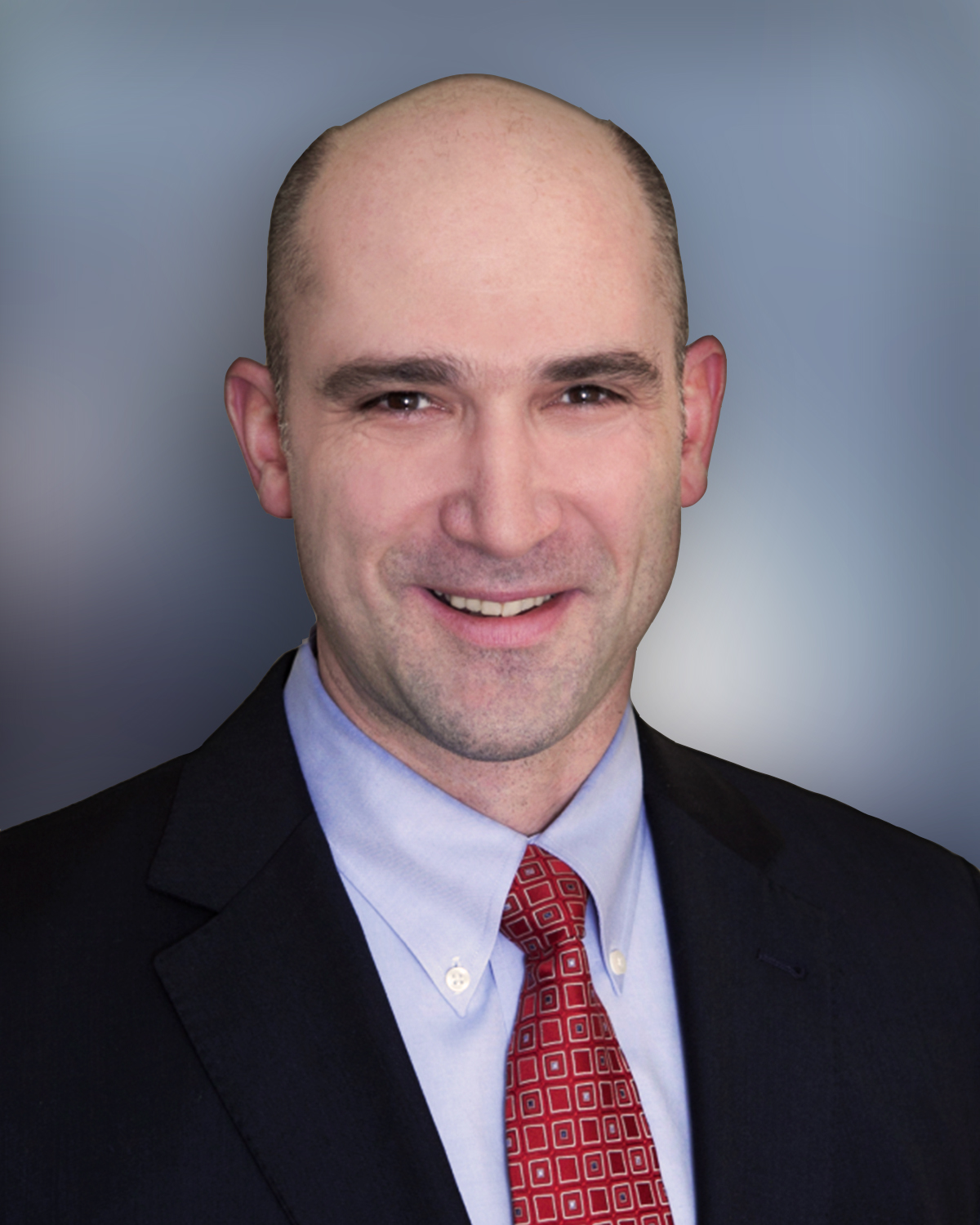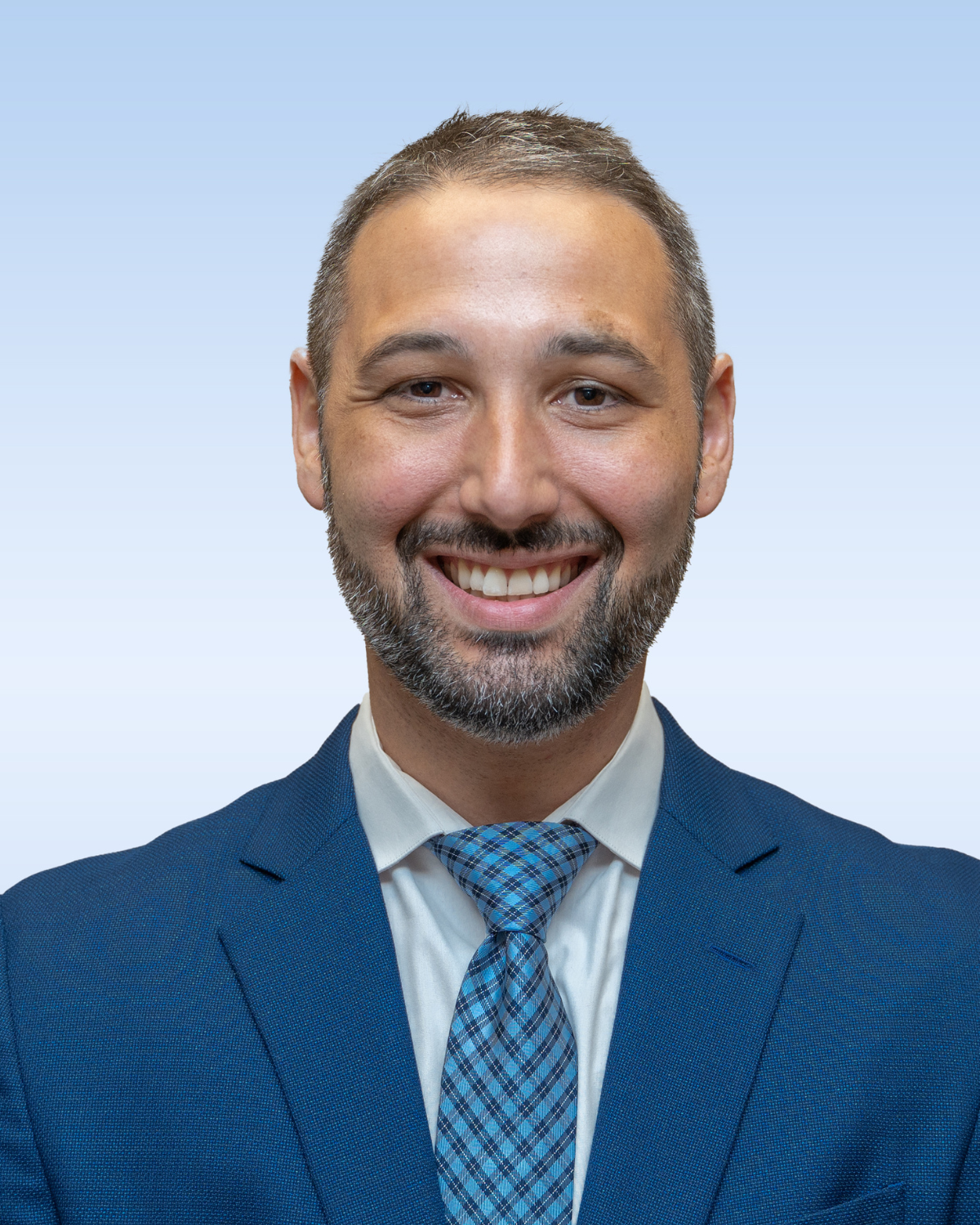Spondylolysis & Spondylolisthesis: Causes & Treatments
The Difference Between Spondylolysis and Spondylolisthesis
Spondylolysis is the term we use to describe a stress-related defect or “fracture” in one of the vertebrae in the spine. In some cases, this defect can be severe enough to cause instability in the spine, developing into a condition called spondylolisthesis. Spondylolisthesis is a slippage of one bone (vertebra) in relation to the adjacent one.
What Causes Spondylolysis and Spondylolisthesis?
Spondylolysis and spondylolisthesis are common among young athletes, particularly those participating in activities that put stress on the lower back. Young athletes that participate in gymnastics, cheerleading, baseball, hockey, or football, or those who participate in multiple sports throughout the year, are most susceptible. Repetitive stress on a weak area of the vertebra, called the pars, causes it to break down. This can lead to a defect or fracture.
Meet Our Spondylolysis & Spondylolisthesis Specialists in New Jersey
At Seaview Orthopaedics, our pediatric spine surgeons Dr. Paul Haynes, Dr. Christopher Collins, and Dr. Jon Lentz will help you through the treatment process.
What Are the Symptoms of Spondylolysis and Spondylolisthesis?
Lower back pain is a common early symptom of spondylolysis and spondylolisthesis. While it is common for athletes to have strains and muscle pain, the pain from spondylolysis and spondylolisthesis is usually more severe and lasts longer. Sometimes the pain radiates to the buttocks and down the backs of the thighs. This pain typically gets worse with activity and improves with rest.
Patients with spondylolisthesis may also experience muscle spasms that can lead to stiffness in the back and tight hamstrings. Walking or standing may become difficult. In severe cases, the bone may slip out of place to the point that it begins compressing nerve roots. This can cause weakness, tingling, and/or numbness in one or both legs.
Spondylolysis and Spondylolisthesis Testing
Imaging exams like X-rays can usually diagnose spondylolysis and spondylolisthesis, but sometimes advanced imaging such as CT, MRI or a bone scan is needed.
Treatment Options for Spondylolysis and Spondylolisthesis
For most cases of spondylolysis and spondylolisthesis, nonsurgical treatment is successful. For more severe cases, surgical options are also available.
Our specialists Dr. Paul Haynes, Dr. Christopher Collins, and Dr. Jon Lentz review all treatment options with patients so that they can work together to choose the option that best fits their needs and lifestyle.
The goal of nonsurgical treatment is to allow the stress fracture to heal properly while minimizing pain associated with the injury.
Patients are typically advised to rest, avoiding activities that can put stress on the lower back. In some cases, a brace may be recommended to limit motion in the spine while the fracture heals.
Physical therapy, offered on-site at all six Seaview offices, is important to decrease pain and improve strength and flexibility in the back and abdomen. Physical therapy may also alleviate muscle tightness. Core strengthening is emphasized to prevent further injury.
If the spondylolysis does not heal and remains painful despite treatment, or the patient has a more severe case of spondylolisthesis, surgery may be recommended.
The goal of surgery for spondylolysis and spondylolisthesis is to alleviate back pain and stabilize the spine, preventing the condition from getting worse. First, your spine surgeon will realign the vertebrae. He may also use metal screws and rods to provide greater stability. Sometimes, it is necessary to fuse the broken vertebrae together.
If nerve roots are compressed due to the injury, your spine surgeon may perform a decompression procedure to relieve nerve pressure and reduce pain.
Complete healing can take several months, as the bones must achieve a solid fusion. However, most patients are able to resume normal activities after a full recovery, including sports.
Spondylolysis and Spondylolisthesis Treatment in Central New Jersey and Jersey Shore
Our pediatric spine specialists at Seaview Orthopaedics, Dr. Paul Haynes, Dr. Christopher Collins, and Dr. Jon Lentz are experienced in treating spinal injuries, including spondylolysis and spondylolisthesis. If you would like to schedule an appointment with one of our specialists, please call our office at (732) 660-6200 or book an appointment online.
Schedule An Appointment with Our Spondylolysis & Spondylolisthesis Specialists




